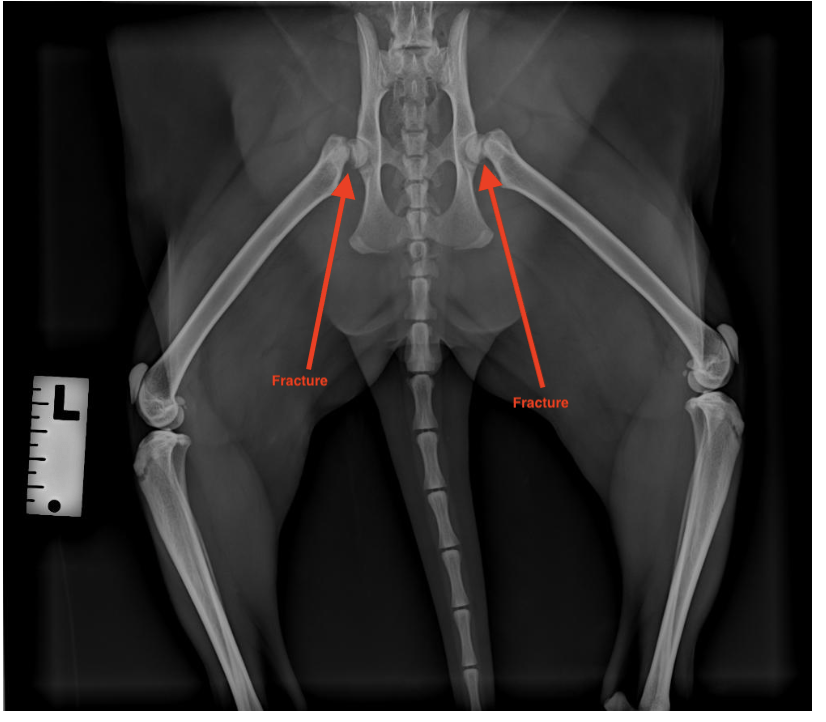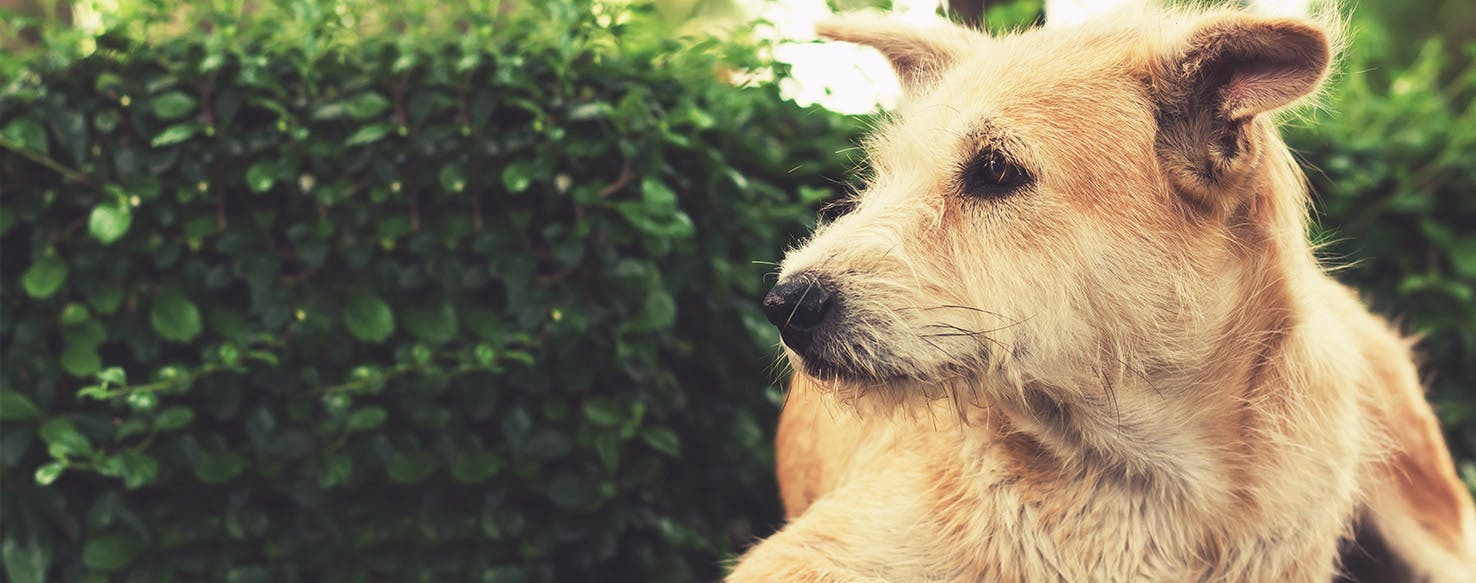Desexing Services
We offer desexing surgery for dogs, cats, rabbits, ferrets and guinea pigs.
Why is desexing important?
Why Desexing Matters
Desexing is highly recommended for various reasons. It helps prevent behavioral issues like aggression, straying, and marking. It also reduces the risk of cancers in pets like mammary and testicular tumors. Preventing unwanted pregnancies and associated health problems is another benefit, especially in cats where population control is crucial. Desexing reduces the desire to stray, keeping them safe from accidents and diseases.

What we do:
De-sexing surgeries are performed on weekdays with a morning admission and evening discharge.
Before any surgery, ensuring your beloved pet’s health is essential. We take necessary precautions during admission to ensure they are fit for anesthesia and the procedure.
What does surgery at Berwick Clyde Vet look like?
- Physical exam with the veterinarian to assess your pet’s suitability to undergo an anaesthetic.
- Pre-anaesthetic Blood test to assess your pet’s organ function especially their liver and kidneys (which help metabolise anaesthetic dugs) and also the status of their red and white cells. This acts as an internal health exam to confirm that your pet is safe to undergo an anaesthetic and also to help us modify the anaesthetic if required.
- Fluid Therapy (the drip) to maintain your pet’s blood pressure and hydration whilst under the anaesthetic. This also aids in a smoother recovery.
- Pre-medication which has a sedative and a pain relief component to help keep your pet calm and comfortable before, during and after their surgery.
- Surgery to desex your pet. During this procedure we use dissolving sutures placed under the skin so that there is no need for an e-collar and no stitches to be removed, making your pet more comfortable after the surgery.
- Pain relief injection and take-home medication to ensure that your pet is free of pain straight after the surgery and for the next seven days until the wound has healed.
- A free revisit in 7-10 days’ time to check the wound and make sure it has healed well. If you have any concerns before this time, we are more than happy to offer a recheck sooner as well as ongoing phone support should we need to chat.

At what age should I desex my dog or cat?
Male cats:
Early desexing (under five months of age) is ideal as this helps put a stop to urine spraying, excessive vocalization, straying adventures, fights, and those unexpected litters.
Female dogs and cats:
Early desexing (under six months of age) is recommended as it has been proven to significantly reduce the risk of mammary (breast) cancer, ovarian cancer, and the dreadful pyometra infection. Plus, it spares you the hassle of dealing with a female pet in heat and all the mess that comes along with it!
Small and medium breed male dogs:
Early desexing (under six months of age) is also recommended for these boys. The effects can work wonders in curbing behaviors like dog-on-dog aggression, mounting, and urine marking. It also reduces the chances of developing perineal hernias and non-cancerous prostatic disease down the line.
Large breed male dogs:
Breeds such as Greyhounds, Rottweilers, and German Shepherds are recommended to be desexed for the same reasons as their smaller counterparts however, we suggest waiting until they reach the age of at least 12-18 months. Recent studies have indicated that early desexing in these magnificent large companions might slightly increase the risk of certain types of cancer. But of course if behavioural issues are causing havoc, the benefit of desexing to assist behaviour may just outweigh the small risk associated with early desexing. This is where it is best to consult with your vet and make the decision for your pet together.

Is desexing Rabbits, Ferrets & Guinea Pigs different to dogs and cats?
In a way, yes. They still receive medications, IV fluids and the surgery itself has the same outcome however the biggest difference between our exotic friends and dogs and cats is food!
Rabbits, Ferrets and Guinea Pigs are not required to fast prior to coming to the clinic, where as dogs and cats are. For our exotic friends we encourage you to bring their favourite meals and treats with you to their hospital stay.
Post surgery, it is critical that rabbits and guinea pigs begin eating as soon as possible and so have a dedicated feeding nurse assigned to them post operation. They are kept warm in an incubator and monitored extremely closely until they begin eating on their own happily again.
The age at which desexing is recommended for these guys also varies. You can refer to our Rabbit information page for more specific details on desexing your pet rabbit.
Want to find out more
Contact us today on (03) 5902 7087



